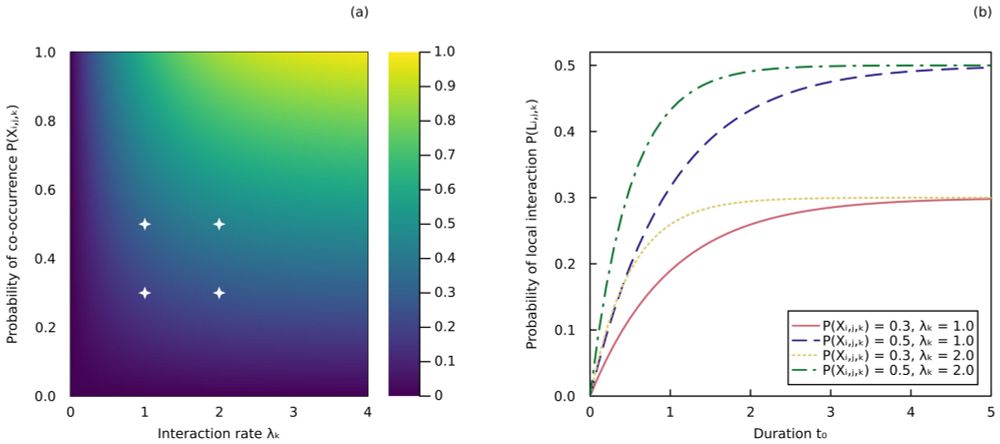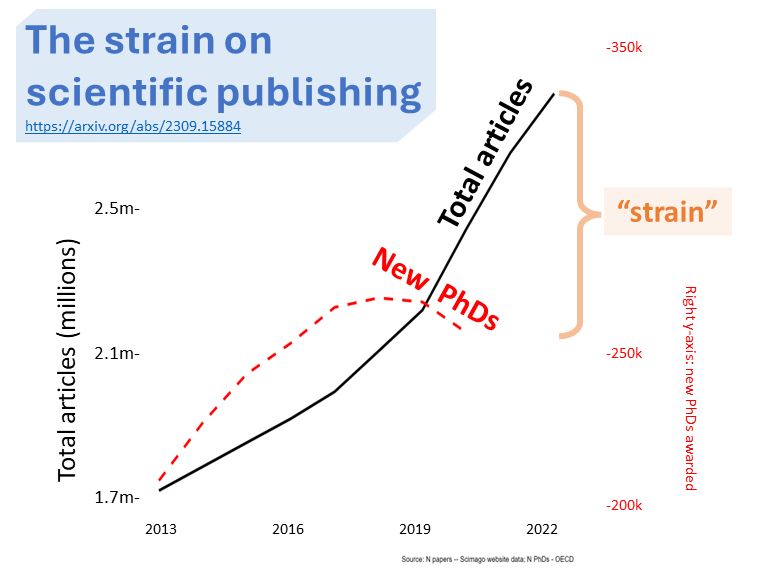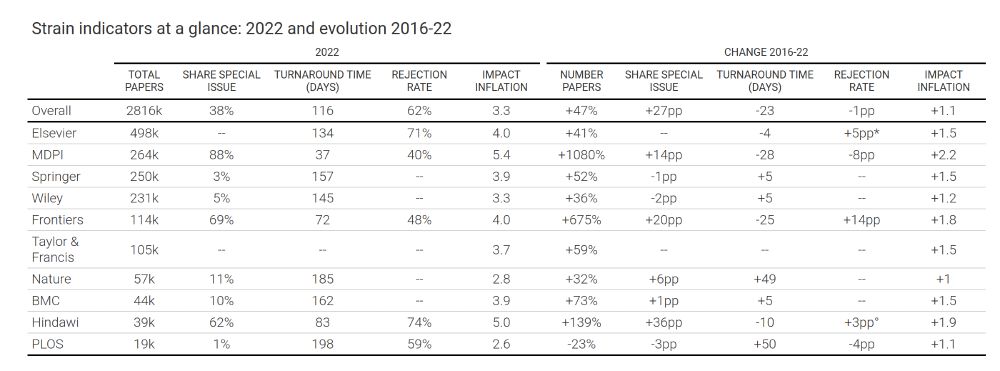chrisb590.github.io

onlinelibrary.wiley.com/doi/10.1111/...
🧪

onlinelibrary.wiley.com/doi/10.1111/...
🧪

Researchers’ decisions (and our forgetfulness about their importance) can have long-lasting downstream effects 😬
🧪🌏
doi.org/10.1002/ecy....

Researchers’ decisions (and our forgetfulness about their importance) can have long-lasting downstream effects 😬
🧪🌏
doi.org/10.1002/ecy....

doi.org/10.1002/ecy....

[1] Banville et al.: what does it mean to use probabilities to represent interactions?
[2] @gabdans.bsky.social et al.: local reconstruction of regional food webs
[1] ecoevorxiv.org/repository/v...
[2] royalsocietypublishing.org/doi/10.1098/...
[1] Banville et al.: what does it mean to use probabilities to represent interactions?
[2] @gabdans.bsky.social et al.: local reconstruction of regional food webs
[1] ecoevorxiv.org/repository/v...
[2] royalsocietypublishing.org/doi/10.1098/...
Excellent reporting from the New Yorker! 🧪
www.newyorker.com/magazine/202...

Excellent reporting from the New Yorker! 🧪
www.newyorker.com/magazine/202...
We've got issues. Scientists overwhelmed, editors overworked, constant special issue invites, mass article retractions, journal delistings… JUST WHAT IS GOING ON!?
See: arxiv.org/abs/2309.15884
A 🧵1/n
#AcademicChatter #PublishOrPerish #PhDAdvice #PhDChat


We've got issues. Scientists overwhelmed, editors overworked, constant special issue invites, mass article retractions, journal delistings… JUST WHAT IS GOING ON!?
See: arxiv.org/abs/2309.15884
A 🧵1/n
#AcademicChatter #PublishOrPerish #PhDAdvice #PhDChat

